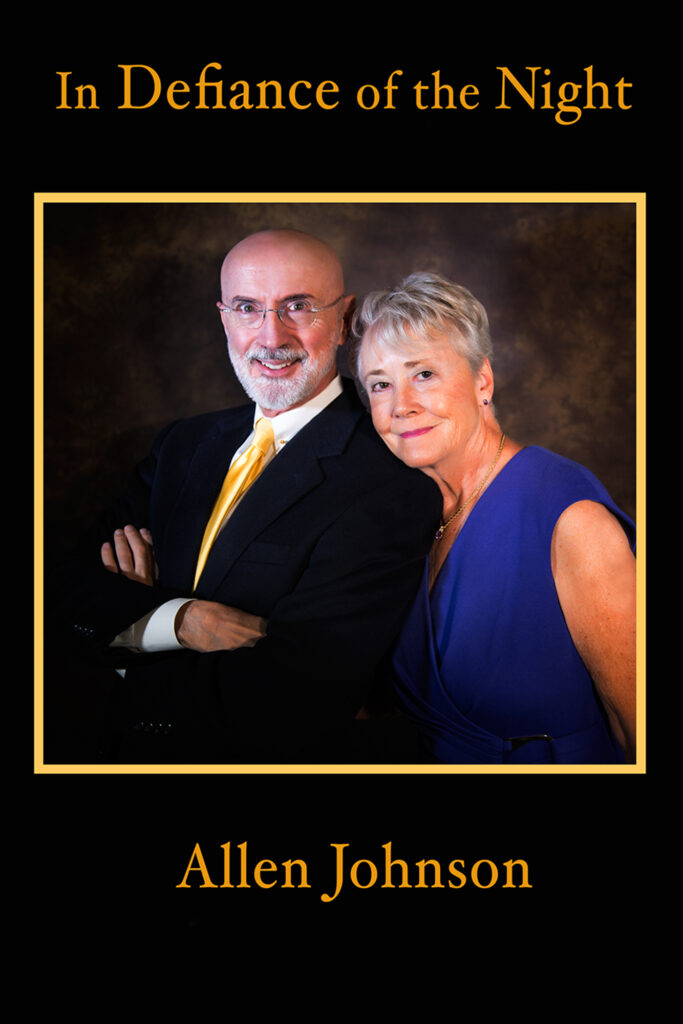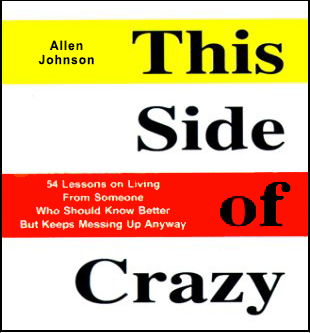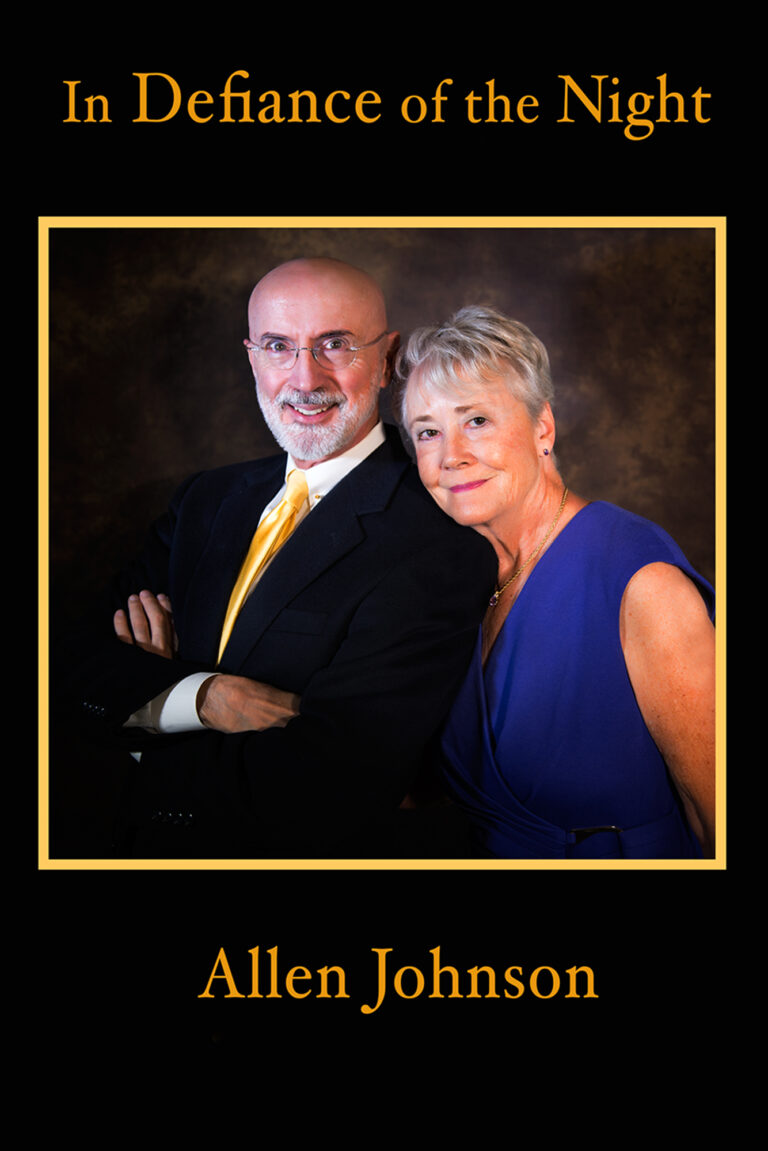There is a house in West Richland that captivated me. It featured a quintet of darkened windows and a porch that wrapped around the entire structure. It reminded me of a home you might find in Australia’s outback. I came across the house while peddling my recumbent tricycle five miles west of my neighborhood. The first time I saw it, I parked my trike in front of the home and imagined how it could easily be the centerpiece of a novel. Who would live there? What stories would they have to tell?
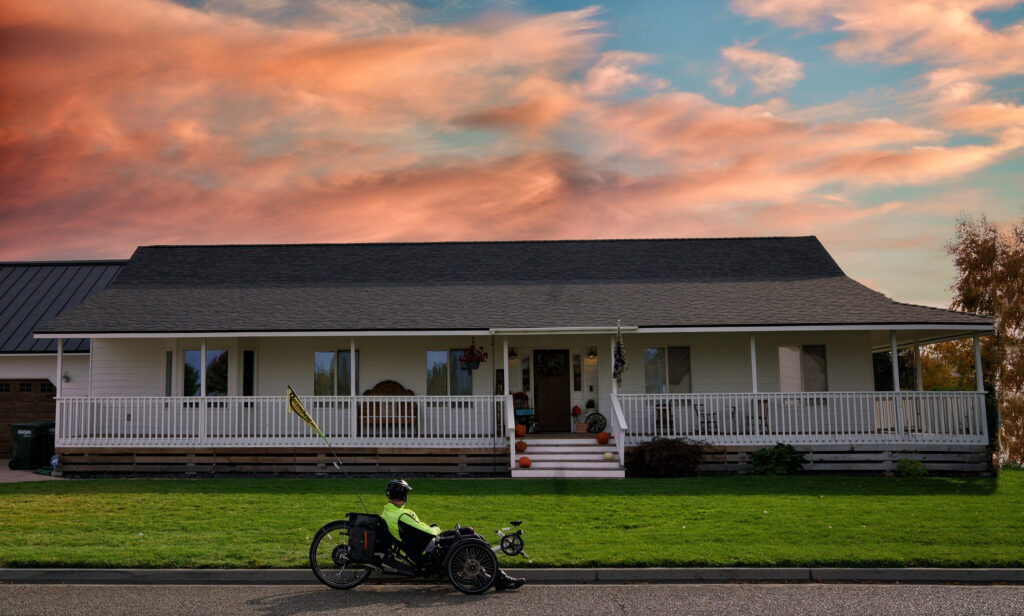
The second time I stopped at the curb and dreamed about the dwelling, I was found out. I saw darkened figures scurry behind the windowpanes. I waited, imagining the owner might step outside, perhaps to scold me and send me on my way, which would add an ominous twist to my story.
A tall, slender woman with a short crop of dark brown hair emerged. She held a florid watering can and sprinkled several plants. I smiled with the thought it was all pretense.
Wanting to disabuse her of any apprehensions, I spoke in a loud but friendly voice. “I suspect you must be wondering about the stranger gawking at your home.”
She set the watering can and walked across the deep front lawn. Her stride was strong and confident. Athletic, I thought. She was smiling. It was not a pasted smile but honest and affable. “I did wonder,” she said, her voice as friendly as tinkling wind chimes. “My name is Teona,” she offered.
“Teona,” I repeated to implant the name in my brain. “Such a unique and lovely name. My name is Allen. I wish I could say ‘Sebastian’ or ‘Jean-Luke,’ but I’m afraid ‘Allen’ is all I have to offer.”
“Allen will do just fine,” she said with so much enchantment I felt my ordinary name became princely. “I love your house,” I said truthfully. I was about to say, It’s a splendid property, full of intriguing secrets when four children tumbled out the front door, scampered down the porch steps, and crossed the lawn like a litter of puppies colliding into each other. They clustered in a group at Teona’s side as if waiting for me to capture their portrait.
“These are my children,” Teona said. Later, I learned the four urchins ranged in age from five to twelve. The eldest was Carter, followed by Lincoln, Pierce, and Monroe, all named after presidents.
Even though Monroe was the youngest of the lot, she was known for her courage, made evident by her placement front and center before her siblings. She smiled at me as if I were a long-lost relative. As I would soon discover, all the children were known for their virtues. Carter was the consummate musician, Lincoln the rough-and-tumble athlete, and Pierce, the scholar, one who is deeply curious about all things.
***
I soon discovered that Teona had an astute and loving spirit. College-educated and former Spanish teacher, she decided to home-school her children when the nation reeled with Covid. Judging from the aptitude of her twelve-year-old son, Carter, she was undoubtedly a sensational teacher.
There was something special about her oldest son. He was a tall blond with a poised and mature spirit. When Teona and her children surprised me with a visit to my home, I invited them to settle in my living room. I asked if they would like me to play a song at the piano. Of course, they said “yes,” and I gamboled to the piano and performed.
When I finished on a round of applause, I asked if Carter would be willing to play. He complied without prodding. When he stroked the keys, it was with so much tenderness my eyes welled with tears.
Carter captured my heart and invaded my dreams. On another occasion, the family invited me to a flag football game where their son, Lincoln, played both offense and defense. It was a thrill to watch the youngster, a natural athlete, flash up and down the field.
After the game, Carter and I walked side-by-side as we headed for the car. I put my arm around his shoulder. “I dreamed about you,” I said softly.
“Really,” Carter said.
“Absolutely. In my dream, I said you didn’t have to be limited by the way you defined yourself. For example, we know you’re a musician, but you could also consider yourself a scholar.” I paused. “Does that fit for you?”
“I think so,” he said. “I do well in school.”
I gave him a little squeeze. “I bet you do. Just keep in mind that how you define yourself has no limits. I believe in you.”
***
Carter must have also believed in me too. For a book report assignment, he chose to read my first book, This Side of Crazy, a collection of autobiographical short stories. He surprised me with his extravagant praise, which can be found on the tributes page of my website.
Here are the words of a twelve-year-old, one who can also define himself as a writer.
“Surprisingly, I met Allen Johnson at his home. Though I haven’t known him long, the following is how he and his book, This Side of Crazy, made a difference in my life.
“From the day I read about Allen from the back cover of his latest book, Oorah!, I was intrigued. It may be my destiny, but Allen’s life is exactly what I have wanted to do with my own life.
“Later that week, I discovered I was going to meet him. That meeting was an awakening for me–like shifting from a black-and-white life to finding light and color. Allen taught me that no matter what choices we make, we can always choose to be independent.
“Allen didn’t let circumstances define his character. After an extraordinary life, shining brightly on everyone he met, you would expect him to burn out. BUT NO. He has burned even brighter.
“Through Allen, I haven’t just learned how to be a jazz artist or a vigilant writer. I’ve learned that when life is bullying, you strike back. You are in control of your story, so take charge of your fortune. Just like Allen.”
Carter, age twelve
Carter’s precociousness was expressed in other ways. The most memorable moment occurred when I mentioned my splintered speech. “I’m not going to die tomorrow,” I said, “but my health is in decline.” I realized I was in precarious territory—certainly unfamiliar for a twelve-year-old. “Carter, I’m not sure why I told you this. Does this conversation make you uncomfortable?”
He thought for a moment. “I’m sad,” he said, “but I know death is part of life, and something we all have to embrace.”
I was silenced by awe. How could a boy be graced with such wisdom?
***
Our relationship continued to grow. One day, I was invited into their home. Teona began by guiding me to the basement, which featured a battered upright piano. We all played: Carter, Lincoln, Pierce, Monroe, and me.
The sound was muffled and out of tune. Many of the keys were chipped. Although I said nothing, an idea was cooking.
“We know it’s not the best instrument,” Teona said. “But we have to watch our pennies carefully. One day, we dream of getting a baby grand.”
For Teona to say “it’s not the best instrument” was a euphemism.
The idea clicked. The next day, I was on the hunt for a decent piano. I found several, but a polished ebony baby grand made my heart sing.
The following day, I called Teona. “Before I say anything, keep this in mind. You will be tempted to say, ‘This is too much.’ Don’t. Instead, know this is not about you; it’s about me. I want the opportunity to give you a baby grand. I’m able to do it, and the gift gives me joy. And that’s the end of the story.”
I invited Teona and the children to visit two local piano stores and play several instruments I liked. Teona pretended to prefer the less expensive instruments, a tactic I ignored. In the end, I bought the baby grand I loved and had it shipped.
The following day, I received a lengthy email from Teona—what I called a “love letter.”
In the last paragraph, she mentioned my penchant for curiosity. That was in reference to an earlier conversation when I defined myself by three qualities: Integrity, creativity, and curiosity.
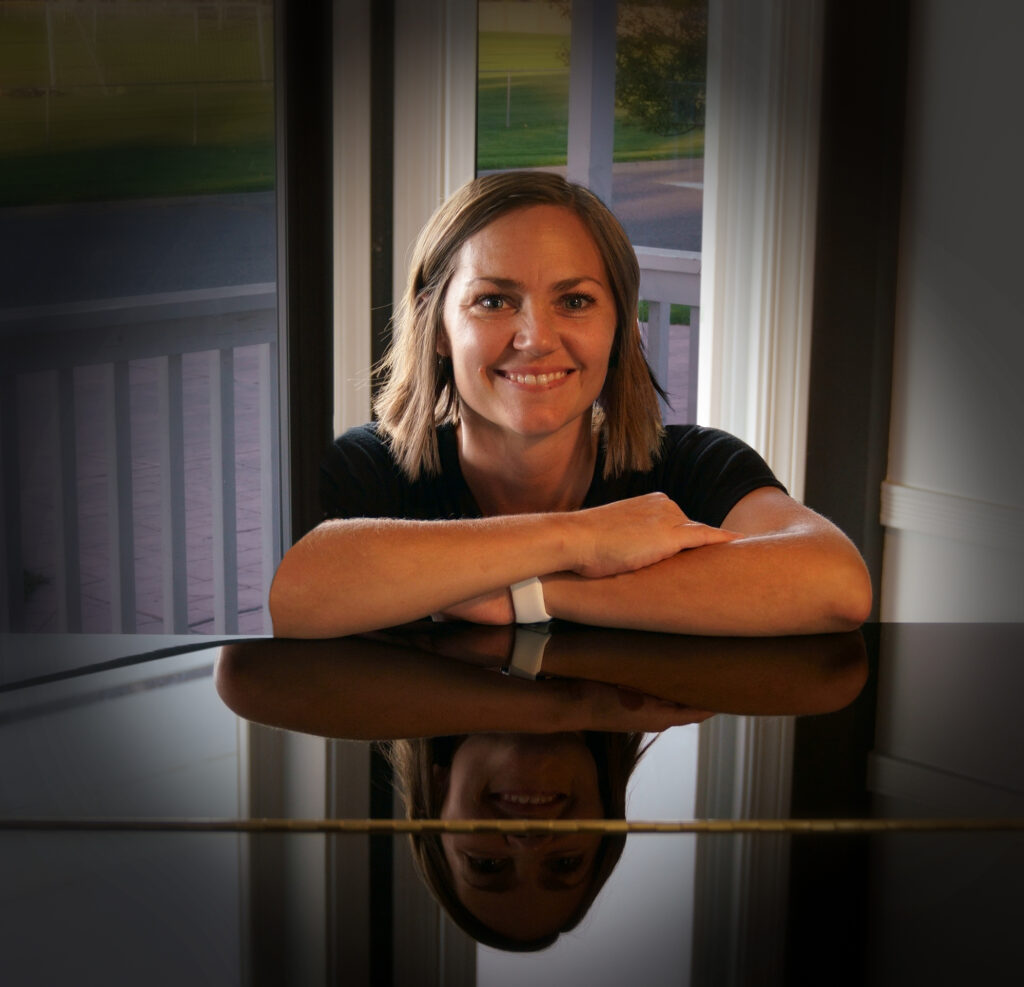
“The piano just proves all I have thought about you since the beginning,” she wrote. “You are a caring human, willing to pause to learn about others. This must be the curious side of you. Then you pour into your new friends with your time and talents. And finally, you ask yourself how you might make an impact on our family. This piano is a gift that will literally keep giving for generations. As each of our children progress in their piano skills, we will have the good fortune to hear their hard work on a high-quality instrument. We will think of you every time we scoot in the bench to begin a song. Not just the gift of a piano; we will be reminded to always take time for people, to share our talents liberally, and to be generous with our resources.
Allen, you are a gift!
Thank you, Teona
***
My time with Teona and her family has taught me a lesson. I’m amazed by the virtues of openness and transparency. What magic evolves when we are willing to be real. It didn’t take me long to fall in love. I was immediately taken by Teona’s openness. It was as though neither of us had anything to prove.
When superficiality is stripped away, when I no longer have the urge to brandish my accomplishments, I become a human being—present and vulnerable. This lesson has me grieving for all the potential friendships that slipped away.
Has death at my doorstep given me a more open heart? Probably. But imagine the magnitude of my circle of fellowship if I were real in the early years of my life. Oh, to be an “old soul,” a person who has the wisdom to say, “Hi. I’m so glad to meet you. Please tell me who you are.”
I think Teona and Carter are old souls—and perhaps her younger children as well though it’s too early to know for sure.
The challenge is to become real as soon as possible. In the words of The Velveteen Rabbit as written by Margery Williams, being real “doesn’t happen often to people who break easily, or have sharp edges, or who have to be carefully kept.” How I grieve for all the years when my edges were sharp. I have no time for that silliness now.
I only have time to be real.

